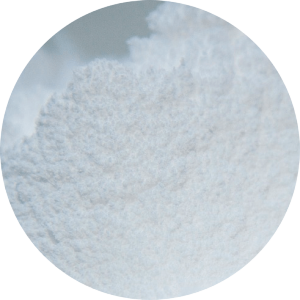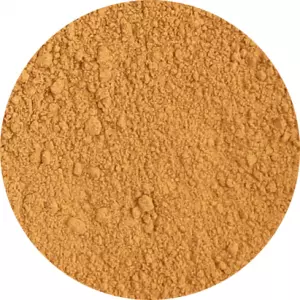Also known as LBG
Contact us today to request a personalized quote for your bulk order.
Locust Bean Gum (LBG), also known as carob gum (E410), is a natural thickening, emulsifying, and gelling agent derived from carob tree seeds. Widely used in the food, cosmetic, and pharmaceutical industries, it enhances texture, stability, and shelf life in various products.
Key Benefits of Locust Bean Gum
- Thickening Agent – Increases viscosity in dairy products, sauces, and gluten-free baked goods without altering flavor.
- Emulsifier & Stabilizer – Prevents separation and crystallization, ensuring a smooth consistency in ice creams, dressings, and plant-based beverages.
- Gelling Properties – Enhances yogurts, desserts, and jellies by forming a soft, elastic gel.
- Clean Label & Gluten-Free – A natural, plant-based alternative suitable for vegan and gluten-free diets.
- Hypoallergenic & Easily Digestible – Free from synthetic additives, making it a safe option for various formulations.
Packaging Options
- 25 kg bag
- 1 mt big bag
As a natural, multifunctional hydrocolloid, LBG improves texture, stability, and nutritional value in a wide range of applications.
Properties & Functionality
LBG is obtained from carob seeds, milled into a fine powder after drying and de-seeding. Its long-chain polysaccharides absorb water, creating a thick gel-like consistency at low concentrations (0.5–1.0%). This makes it a preferred food stabilizer and fat replacer, commonly used in:
- Dairy & Plant-Based Alternatives (milk, ice cream, yogurt)
- Sauces, Dressings & Condiments
- Meat & Processed Foods
- Gluten-Free & Vegan Baking
- Cosmetics & Personal Care (lotions, creams, hair gels)

For those interested in related products, carob syrup offers a liquid sweetener option, while carob powder provides versatility in cooking. Kibbled carob and carob seeds are used for their unique nutritional benefits, and carob germ adds additional value to various recipes.
Related Products
Carob Syrup

Carob Powder

Kibbled Carob
